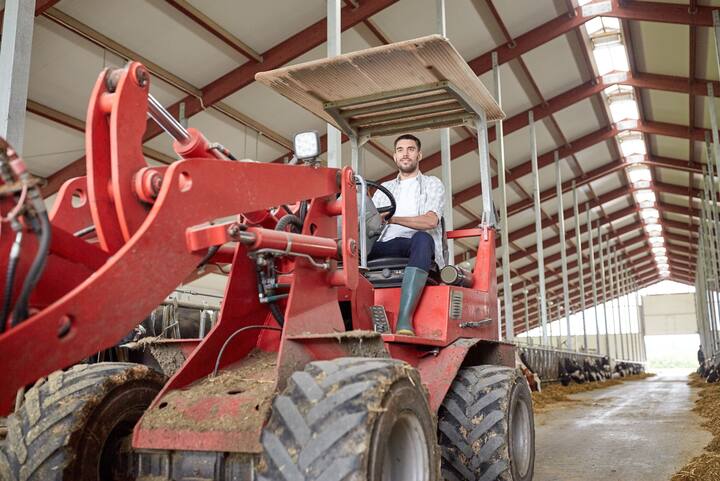
Certification
ISCC certification: EU and PLUS for sustainable biomass and biofuels__
What is an ISCC certificate?
Companies in the biomass and biofuel sector must demonstrate compliance with strict sustainability criteria. This includes protecting the environment, reducing greenhouse gas emissions, and ensuring fair practices across the supply chain.
With an International Sustainability & Carbon Certification (ISCC), your organisation proves that it meets these requirements. Developed in Germany, ISCC is a globally recognised certification scheme for sustainable energy, materials, and biobased products.
Why choose ISCC certification?
While ISCC certification is not legally required, it offers clear benefits:
prove compliance with strict sustainability criteria
contribute to CO₂ reduction and environmental protection
gain access to international markets and supply chains
demonstrate that your products and processes are reliable and traceable
strengthen trust with customers, partners, and financiers
take a step towards a circular and bio-economy
Global recognition
ISCC is recognised worldwide and applied across numerous countries and sectors. Complete traceability is a prerequisite before a certificate is issued. In practice, this means that not only your organisation, but also suppliers, producers, and customers must cooperate or be ISCC certified themselves.
Different ISCC certificates: ISCC EU and ISCC PLUS
ISCC EU
This certificate is intended for companies working with biofuels and energy within the European Union. ISCC EU is recognised by the European Commission under the Renewable Energy Directive (RED II). It proves compliance with EU sustainability and greenhouse gas reduction requirements.
ISCC PLUS
ISCC PLUS has a broader scope. It is valid worldwide and applies not only to biofuels, but also to biobased products, renewable energy, food, and feed.
Which one do you need?
Which variant you need depends on your activities. If you work with biofuels within the EU, ISCC EU is the right choice. If you operate globally or also work with biobased products, ISCC PLUS is more suitable.
The importance of an ISCC certificate
With ISCC certification, you gain access to markets that would otherwise remain closed. For many customers and stakeholders, certification is a prerequisite for doing business. The certificate shows that you operate sustainably and transparently, and it helps you achieve measurable sustainability goals.
The certification process
An ISCC audit reviews:
traceability and origin of biomass
mass balance and greenhouse gas emission reductions
compliance with environmental requirements for cultivation and residues
social criteria and fair working conditions
If not all requirements are met, you will receive advice on improvements. Once successfully completed, you receive the ISCC certificate. This is valid for one year and must be renewed annually through an audit.
Ready to get started with ISCC certification?
These services might also be of interest to you.

Better Biomass NTA 8080

REDcert
FAQ
The most frequently asked questions
ISCC EU focuses on biofuels within the European Union and is recognised under RED II. ISCC PLUS applies globally and also covers biobased products, food, feed, and renewable energy.
An ISCC certificate is valid for one year and must be renewed annually through a new audit. Detailed information can be found on the ISCC website.
The certification is relevant for organisations that produce, process, trade, or use biomass, biofuels, or biobased products.
Auditors review traceability, origin, mass balance, greenhouse gas reductions, environmental requirements, and social criteria across the supply chain.
The certificate proves that you operate sustainably and reliably. It opens doors to international markets, strengthens your competitive position, and supports your sustainability goals.
Leading companies in this service

Normec QS
Bennekom Netherlands
